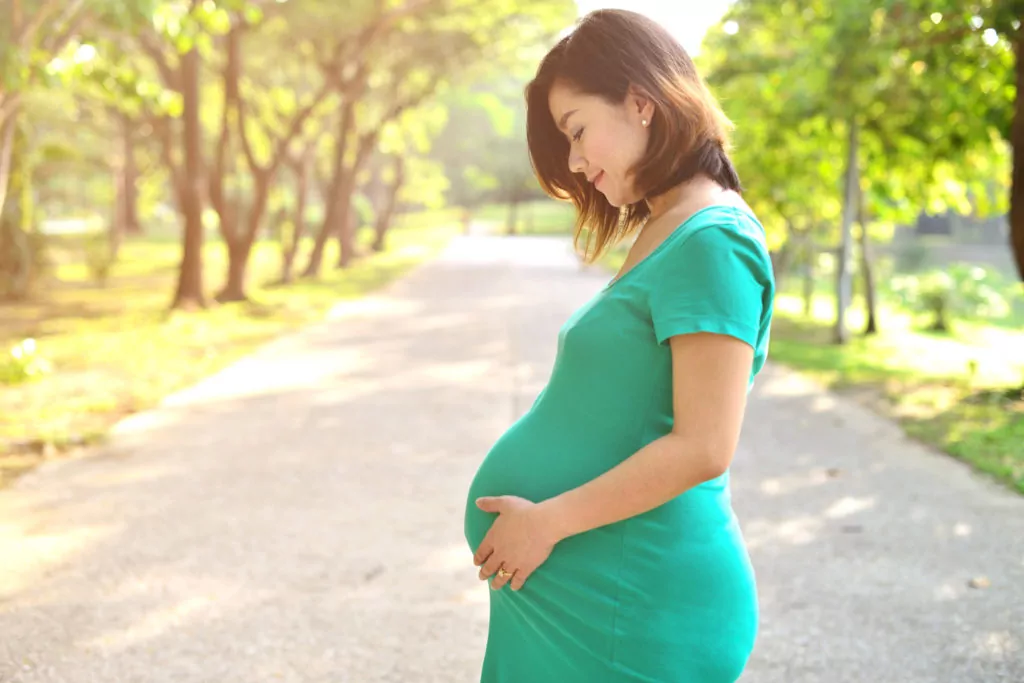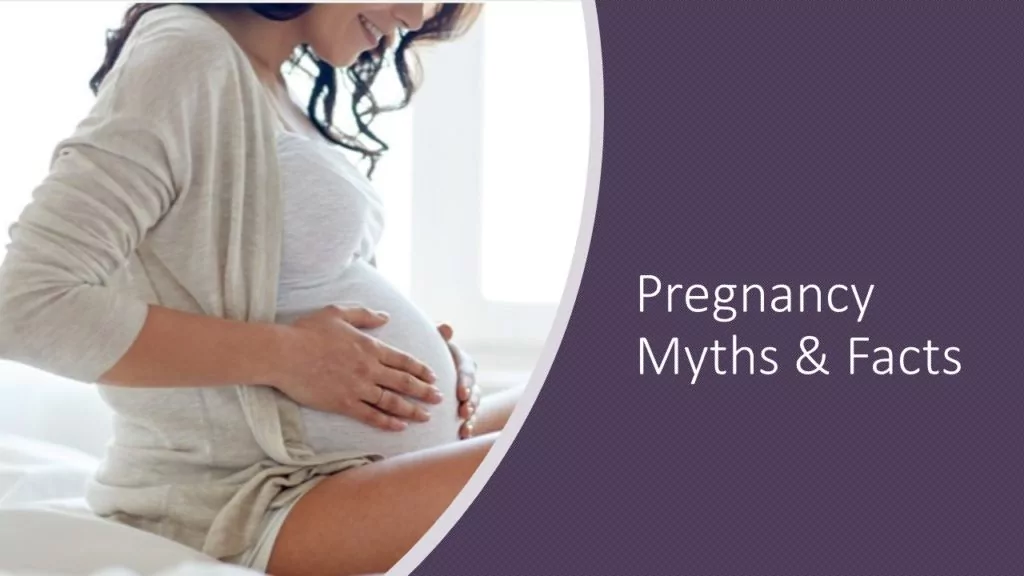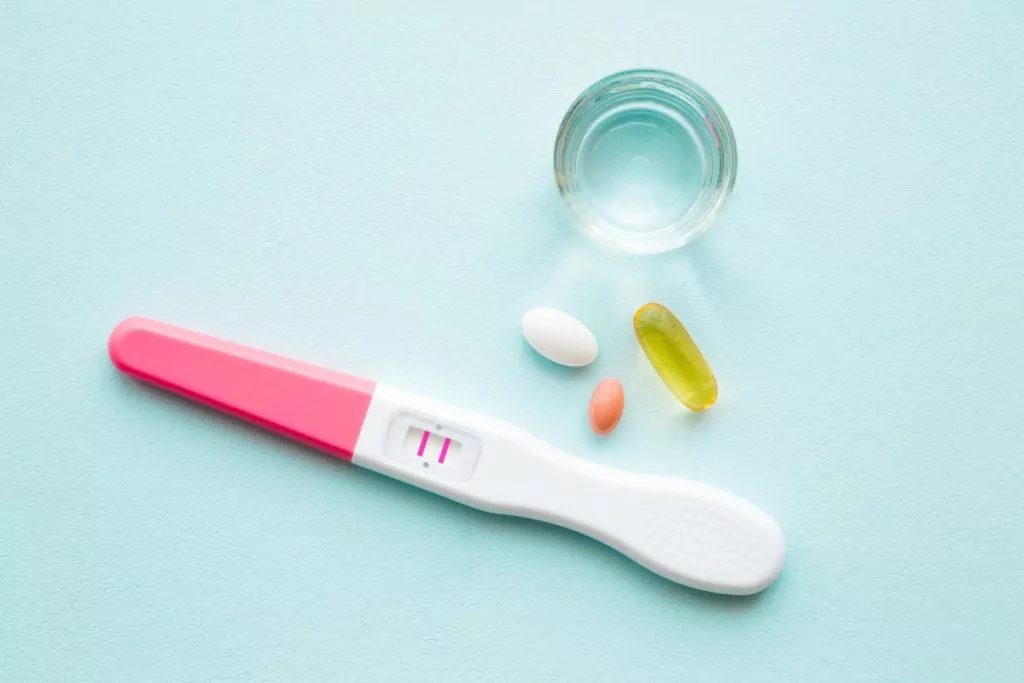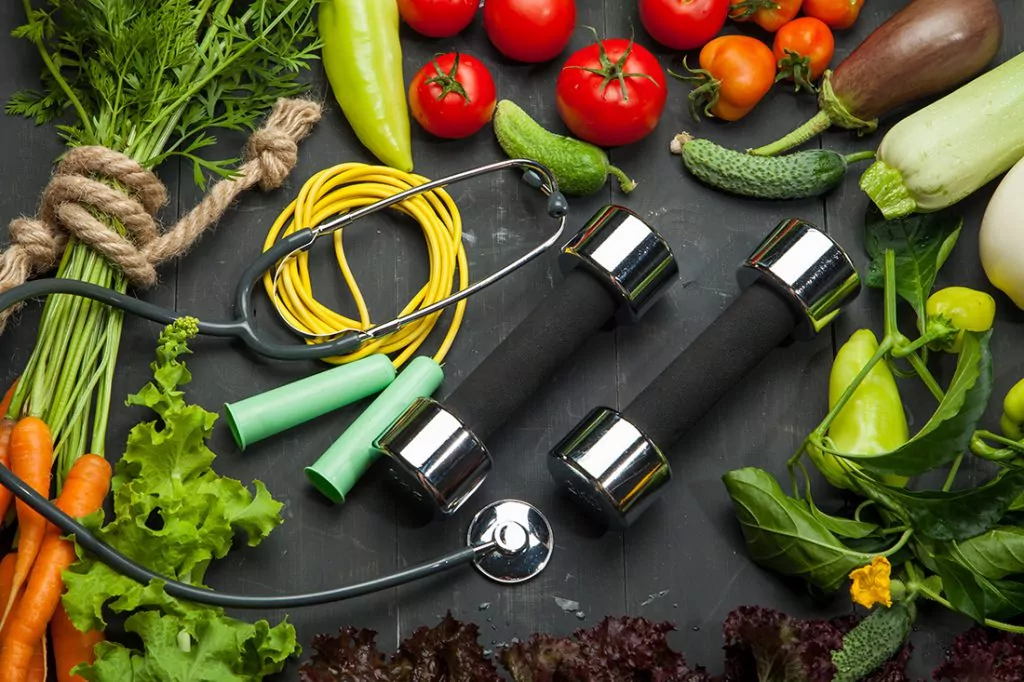PCOS test is based on the Rotterdam criteria for diagnosing PCOS.

Fertility
There are a lot of misconceptions about women’s ability and risk associated with getting pregnant after 35, but we should dispel these myths and address the real issues. With the huge amount of conflicting data on the subject in the mainstream medical community, getting pregnant in your 30’s may seem like a daunting or impossible task. Let’s break it down and discuss why these myths are so pervasive, and how you can increase your odds of becoming pregnant.

The myth that women cannot conceive, or have significant difficulty conceiving, over the age of 35, is untrue. It can be easy to conceive after age 35 with a healthy diet, balanced lifestyle, and a trusted professional who can help you discover all treatment options.
Women who conceive in their 30’s, especially after 35, have historically had their pregnancies labeled as “geriatric pregnancies”, and the language regarding women in their 30’s in the field of obstetrics is outdated at best.
Fortunately, as medical professionals gain more insight, and improved research supplies us with more comprehensive statistics, many Obstetricians are discounting the notion that women in their 30’s have higher-risk pregnancies. “We’ve learned there’s nothing magic about the age of 35” says Sarah J. Kilpatrick, M.D., Ph.D., chair of the department of obstetrics and gynecology at Cedars-Sinai. Many doctors have begun to downplay the language often used to describe “advanced age” pregnancies because it implies that any woman can be “too old” to have a healthy pregnancy.
It’s important to understand that in a study, correlation does not mean causation. Studies may show that pregnancies over 35 do have higher rates of miscarriage or chromosomal abnormalities, but this is due to the increased risk of developing chronic illnesses as women age. These can include diabetes, hypertension, and blot clots; but these diseases can be managed, or even prevented.
To put it simply: fertility in women decreases with age because of the availability of eggs in the ovaries, known as ovarian reserve. Women have a finite number of eggs, as they are born with them, unlike men whose cells are constantly producing sperm. At the time of puberty, a woman’s ovaries can contain around 500,000 eggs. Each month, you ovulate one egg, i.e. the process where the egg follicle is activated, the egg grows, it then matures & finally it leaves the ovary during ovulation to travel up the fallopian tube for fertilization (or exit via a bleed if fertilization with sperm doesn’t occur). So, what happens to the hundreds of other eggs that don’t make it here? Each period, 15-20 follicles in your body get activated. But only one matures. The rest are reabsorbed or die – a process known as atresia. Then you lose a thousand more follicles via natural cell death. That’s like a 1000+ eggs lost each month. Can you imagine what happens when this continues year after year? Worse, the number of eggs you lose each month accelerates with age. Additionally, as eggs age, they are more likely to have chromosomal issues, and these eggs are not often able to be fertilized.

One of the most crucial steps you should perform to increase their fertility is tracking your fertility. This tracking can be as simple as monitoring your basal body temperature, or BBT, or having more extensive testing performed. Here are some fertility tests that can help you get on the right path to conception:
● AMH, or Anti-Mullerian hormone testing
● Luteinizing hormone testing
● Follicle-stimulating hormone testing
All of these hormones contribute to one’s ability to conceive, and imbalances in these hormones can contribute to difficulty conceiving,
Additionally, menstrual trackers, basal body temperature thermometers, or even journaling can be a good way to track your fertility and optimize your chances of getting pregnant after 35.

Healthy diet and balanced nutrients are an incredibly important step to increase one’s chances of getting pregnant after 35. We recommend a nutrient-dense eating pattern, where each spoonful you eat is loaded with goodies that support your fertility journey. Skim over low fat foods. Good fats provide raw material for your reproductive hormones, as they are made from cholesterol which is a lipid (fat). Enjoy them! Proteins (eggs, lentils, beans, meat) are the building blocks for your cells. Proteins help with healthy ovulation. Low protein intake can impact embryo development.
The best way to get the proper amount of vitamins and nutrients is by consuming them in food, but supplements can help you get the appropriate levels to increase your fertility.
Leading a healthy lifestyle is the most beneficial step you can take when trying to conceive after 35. Refrain from smoking, lessen alcohol consumption, avoid stress and get plenty of rest.
Sub-optimal body weight is a big cause of infertility in couples. When women are underweight, overweight, or obese, they can have irregular menstrual cycles and ovulation may stop altogether. In men, it changes testosterone levels & reproductive hormones. It’s been found that men who are overweight tend to have low sperm count & sperm motility.
An imperative part of your fertility journey is access to reliable information. Unfortunately, preconceived notions about women who conceive in their 30’s and 40’s do influence women’s ability to consume relevant and protective information. A trusted professional who has your best interest in mind can help give you access to treatments that could improve your health, and help you conceive.
Sepalika Women’s Hormonal Health Clinic is here to guide you through every step of your fertility journey. Our 360- degree approach will confront every health issue facing prospective parents, addressing issues such as digestion, hypothyroidism, nutrition, blood chemistry, and much more.